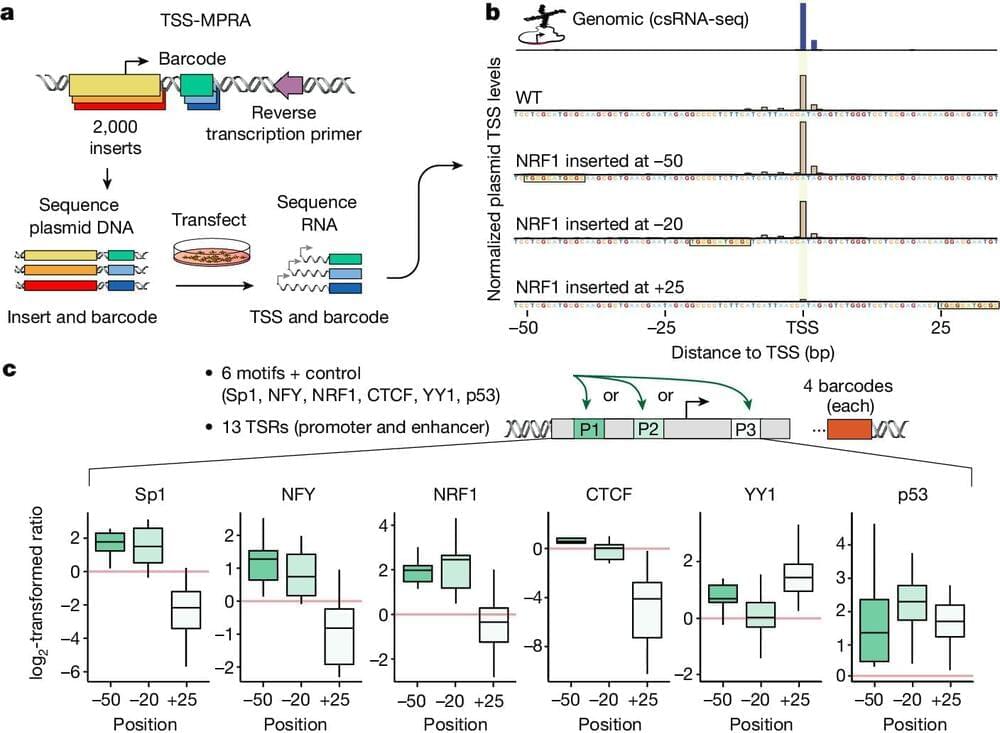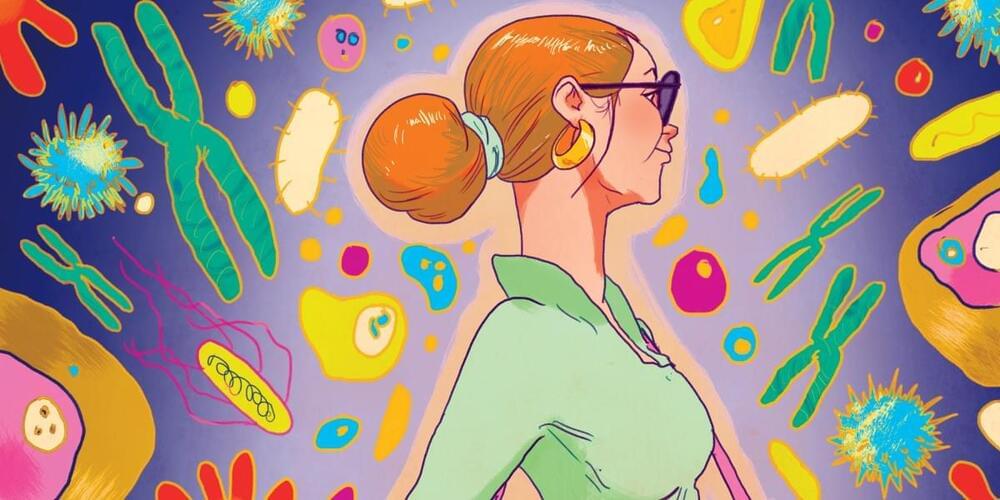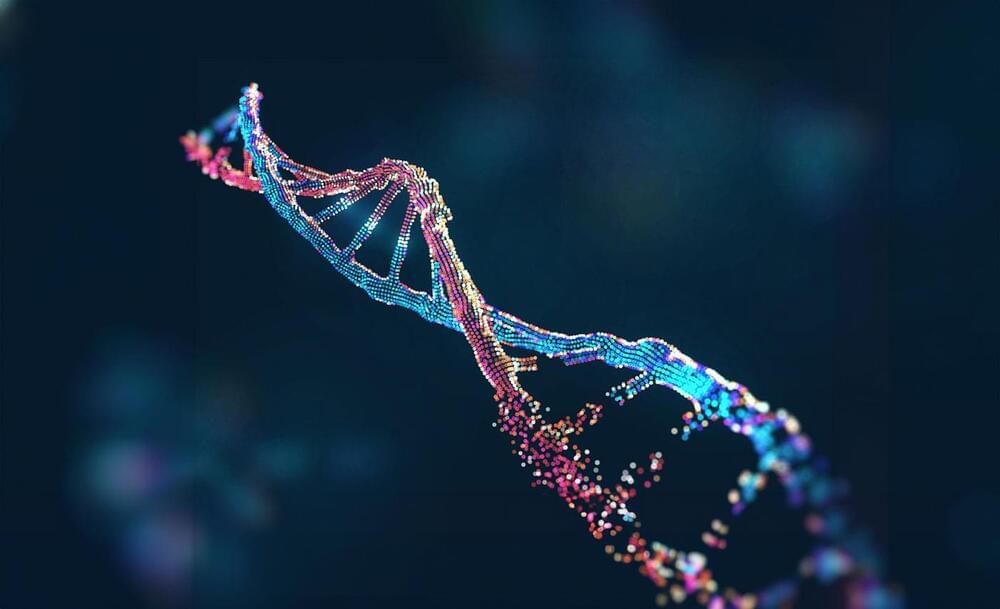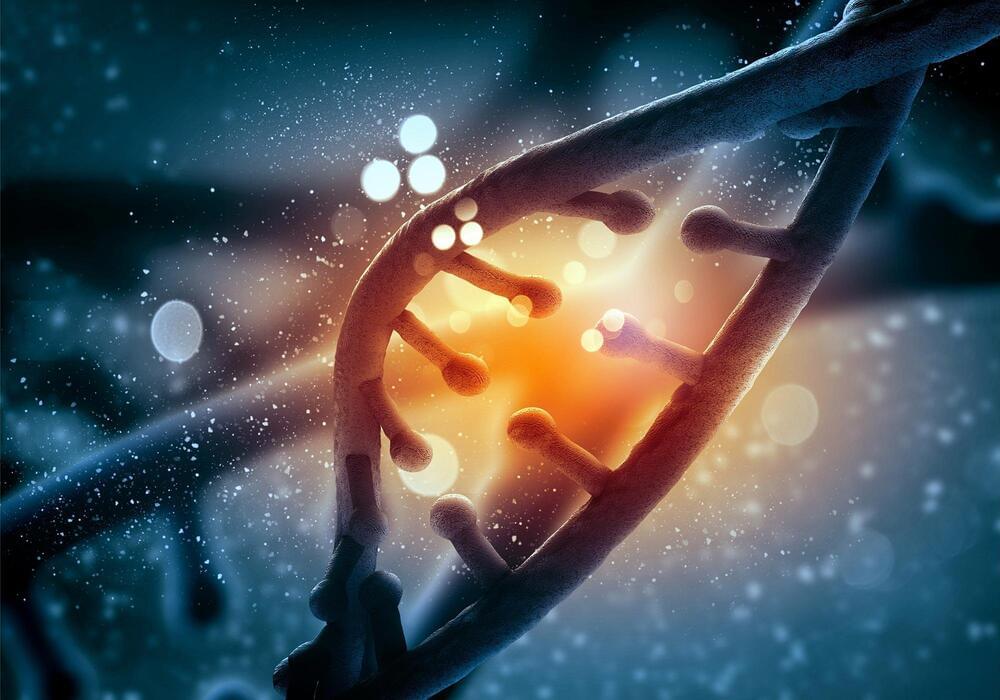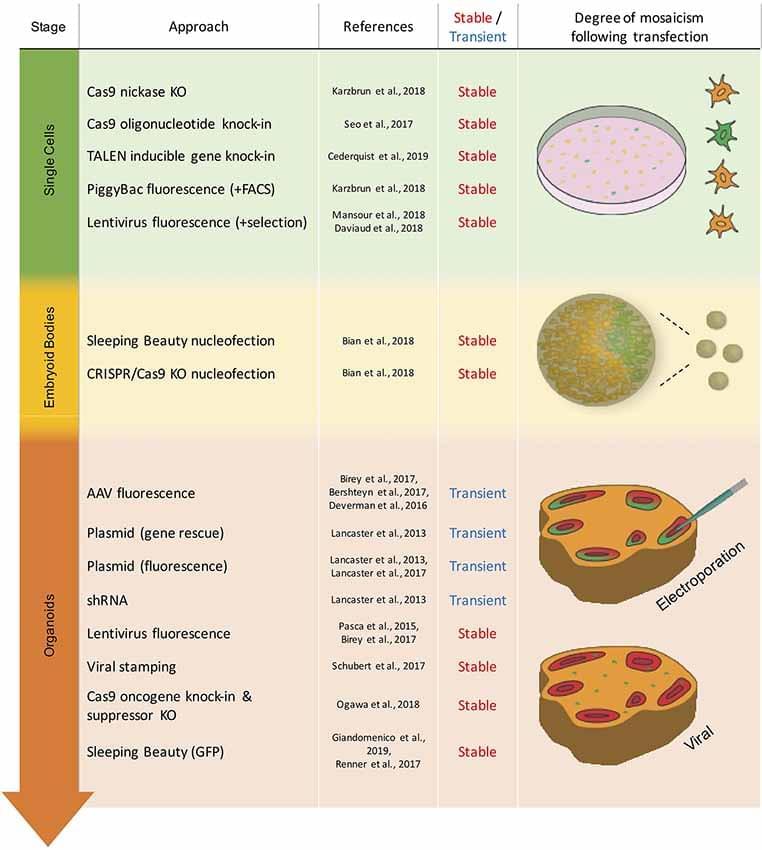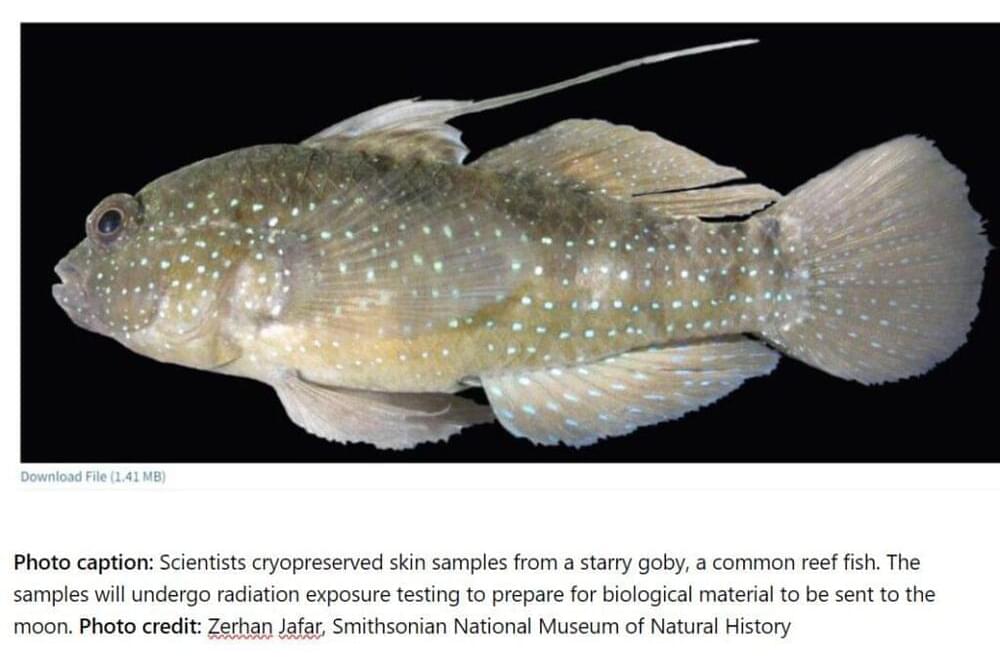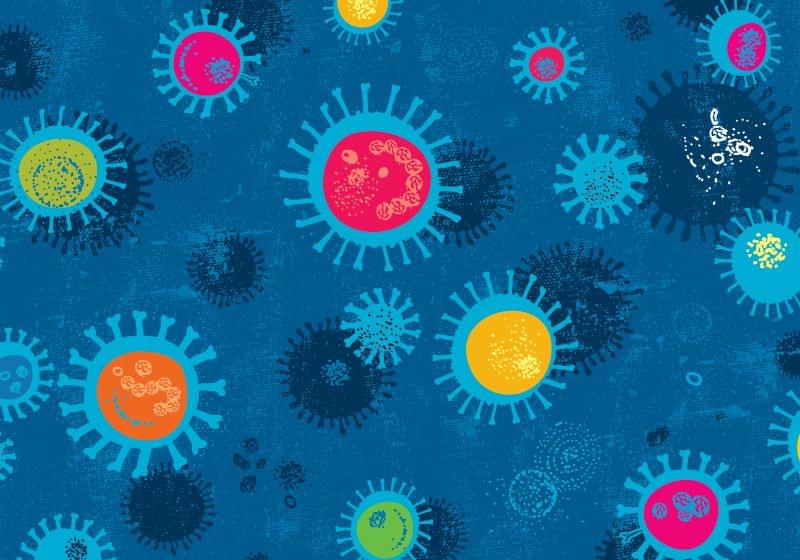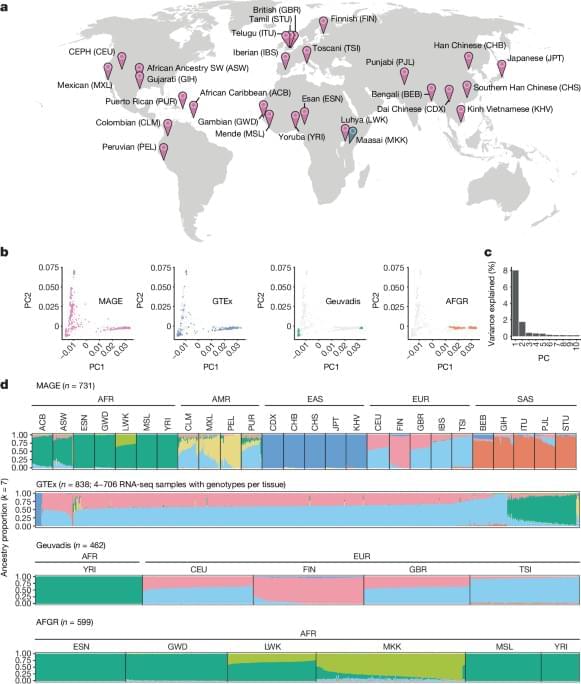A new Nature Human Behaviour study, jointly led by Dr. Margherita Malanchini at Queen Mary University of London and Dr. Andrea Allegrini at University College London, has revealed that non-cognitive skills, such as motivation and self-regulation, are as important as intelligence in determining academic success. These skills become increasingly influential throughout a child’s education, with genetic factors playing a significant role.
The research, conducted in collaboration with an international team of experts, suggests that fostering non-cognitive skills alongside cognitive abilities could significantly improve educational outcomes.
“Our research challenges the long-held assumption that intelligence is the primary driver of academic achievement,” says Dr. Malanchini, Senior Lecturer in Psychology at Queen Mary University of London.

